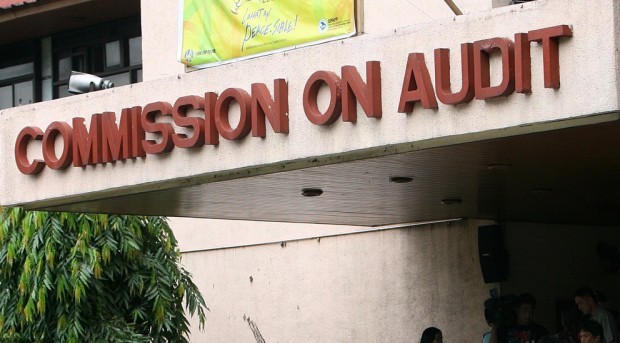The Commission on Audit (COA) has called out the University of the Philippines (UP) for granting emergency allowances amounting to P159.135 million to its officials and employees, contrary to the rules of the Department of Budget and Management (DBM).
In an audit observation memorandum, COA said officials, employees and contractual personnel of UP were granted emergency allowances that were not included in the list of allowances recognized by the DBM.COA said the release of the emergency allowance was “in defiance with the law, circulars, resolutions” issued by the DBM.
In various circulars released last year, the DBM allowed the grant of one-time service recognition incentive at a uniform amount not exceeding P10,000 for each government employee, a COVID-19 duty allowance to government personnel who volunteered to be deployed in mega swabbing facilities, a COVID-19 active hazard duty pay, a special risk allowance to front-line public health workers and a COVID-19 hazard pay.
The auditing agency said the circulars were meant to provide uniform compensation to all government workers and avoid discretionary use of appropriated funds.
Despite this, state auditors said UP provided an emergency allowance that was not included in the list approved by the DBM.
Unexpended balances
COA found out that the Board of Regents approved through a referendum on May 6 to 9, 2020, the grant of emergency allowance sourced from the UP System Administration reprogrammed funds from the prior year’s unexpended balances.
State auditors said various UP constituent universities, which includes UP Diliman, received the provision for emergency allowance through a funding check memo.
According to COA, the university derived its right on Section 13 of Republic Act No. 9500, or The University of the Philippines Charter of 2008, which provides that the administration of the university and the exercise of its corporate powers are vested in its Board of Regents.
But COA pointed out that in its various decisions, it ruled that “fiscal autonomy, does not in any way, give the university an absolute authority to disburse its funds and grant allowances to its employees.” INQ
